
Female, male service members, veterans recover from concussion differently
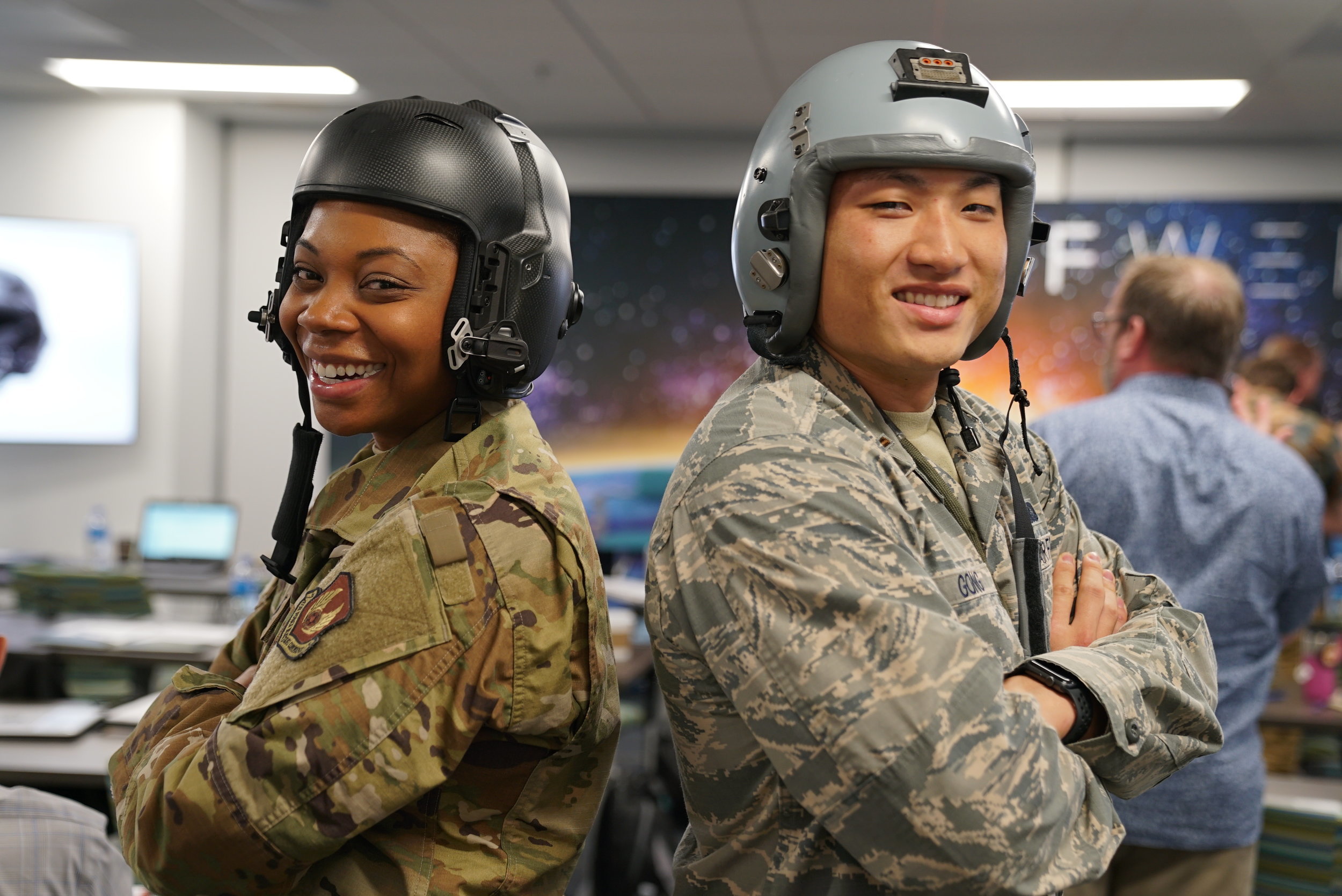
At an informal celebration at the AFWERX Vegas Innovation Hub earlier this month, U.S. Air Force personnel took delivery of four helmet designs that may each represent the next generation of fixed-wing aircrew equipment. In just nine months, the AFWERX innovations process generated tangible products for further Air Force testing and development. (U.S. Air Force photo by Nathan Riddle)
Female veterans may have a harder time performing some mental tasks after a mild traumatic brain injury or concussion, according to a recent study supported by the Defense and Veterans Brain Injury Center, a division of the Defense Health Agency Research and Development Directorate.
The study compared male and female veterans who had experienced concussions to more accurately assess whether each gender experienced different symptoms following injury. After adjusting for factors such as marital status, service branch, living situation, and vocation, the results showed female veterans had a harder time performing mental tasks such as difficulty concentrating and forgetfulness, which could slow recovery to normal activities. The study’s authors presented their results at the 2019 annual Military Health System Research Symposium in August.
“TBI is the signature injury experienced by service members and veterans in conflicts since 9/11,” said Navy Captain Scott Pyne, DVBIC division chief. “During this time, women have had the opportunity to serve in more combat related positions associated with increased exposures to potentially concussive events. As a result, there is a need to see whether TBI affects women and men differently.”
According to the latest figures published in Military Medicine in 2019, female service members accounted for 12.6 percent of first-time TBI diagnoses in the U.S. armed forces between 2010 and 2014.
“Women are becoming more prominent in all fields—including the military. If we don’t understand the differences in biology and/or symptomology, it could cause a major burden for society going forward. Individual differences must be analyzed through the lens of gender,” said Maheen Mausoof Adamson, DVBIC senior clinical research director and a neuroscientist at the Stanford University School of Medicine. Adamson is one of the lead scientists on the DVBIC-funded study conducted at the Veteran Affairs Palo Alto Health Care System.
To more accurately assess whether men and women experienced different symptoms following a TBI, the DVBIC-VA Palo Alto study relied on a matching technique where it looked at one male and one female in pairs. The researchers recruited participants, and then formed 49 matched pairs who were similar based on mechanism of injury, time from injury to assessment, and age at assessment. Adamson suggested the study could have long-term implications for susceptibility to dementia if these women could be followed for a number of years.
These findings suggest more research is needed to examine how TBI affects women and men. Such research provides an opportunity to test whether presumed gender differences based on biology are borne out by empirical findings. Continued research may help to realize the possibility that therapy will be tailored to each individual’s unique situation.
Brain Injury Awareness Month raises awareness of TBI in the military
Article
3/2/2020
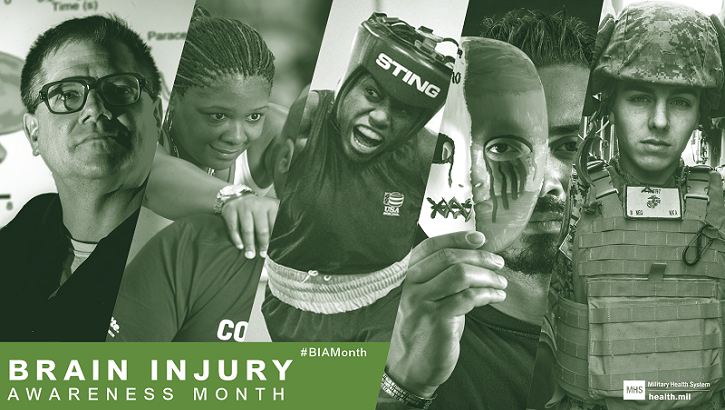
A division of the Defense Health Agency Research and Development Directorate, DVBIC is the DoD’s TBI center of excellence
Joint Staff doctor explains TBI diagnosis procedures
Article
2/26/2020
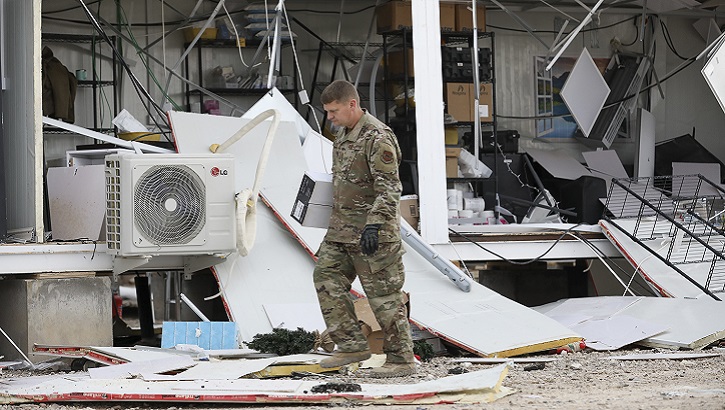
A TBI takes time to diagnose, and the process is involved
HPV vaccine age limit raised by FDA to age 45
Article
1/14/2020

HPV shot protects against a host of diseases in men, women
New 3-D mammogram option the next step in diagnosis, treatment
Article
12/19/2019
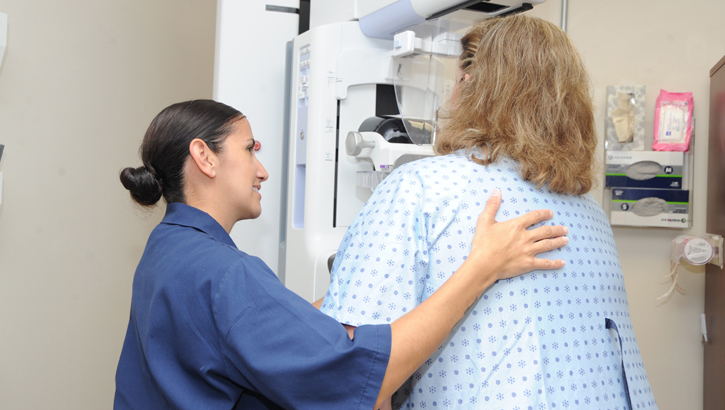
Procedure would enhance effectiveness of breast cancer screening
3D Mammography Toolkit
Publication
12/19/2019
3D Mammography Infographic 1
Publication
12/16/2019
Share this infographic to spread the word about 3-D Mammography coverage
3D Mammography Infographic 2
Publication
12/16/2019
Share this infographic to spread the word about 3-D Mammography coverage
Talking_Points_3D_Mammography
Publication
12/16/2019
These talking points share information about 3-D mammography
Award-winning Navy team successfully improves care for women, infants
Article
11/26/2019
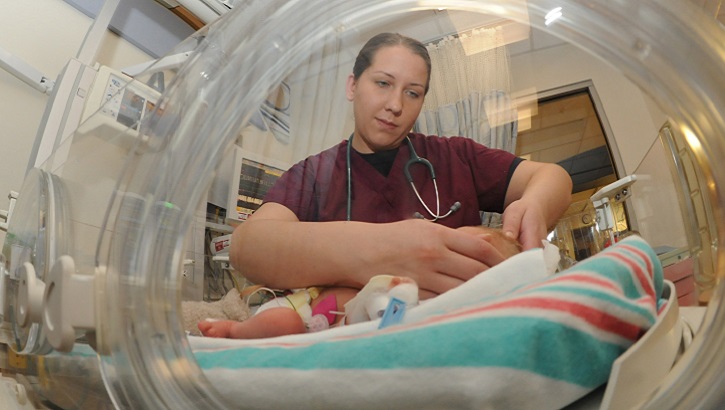
An award-winning team of nurses successfully implemented a treatment guide at Naval Medical Center San Diego that improves labor and delivery outcomes
For a good grade on bone health, aim for D – vitamin D
Article
10/15/2019
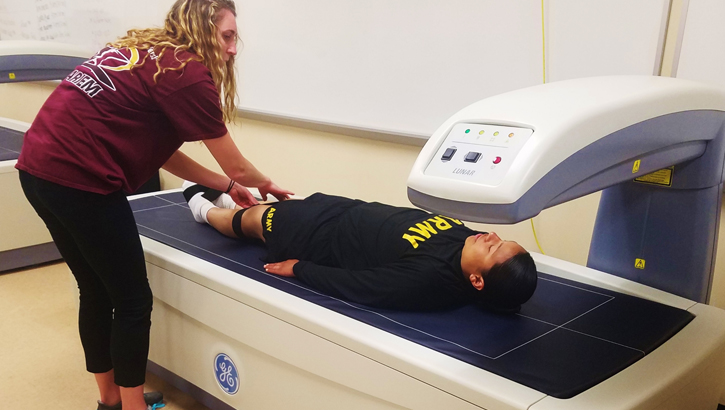
Women generally more deficient than men in this essential nutrient, studies find
Inclusion of Women and Minorities in the CDMRP
Congressional Testimony
10/7/2019
S. 3159 SAC Report for FY 2019, 115-290 Pg. 213-214
The Head, Hand, and Heart of Women’s Health
Article
10/4/2019
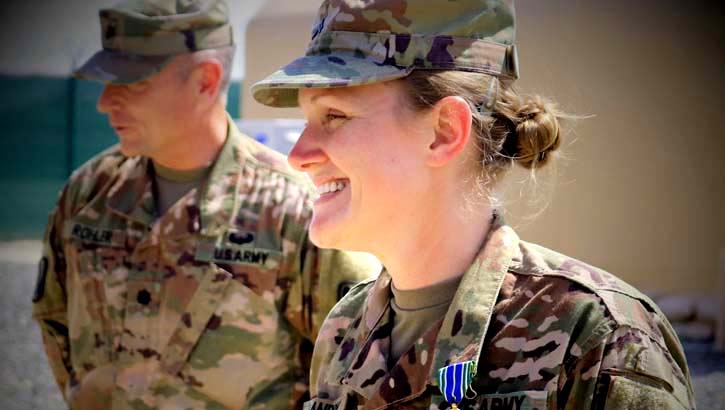
Health is universal for military personnel and civilians, but some health concerns affect women differently. Here are a few examples.
Women's Health Month: Take ownership of health, wellness issues
Article
10/1/2019
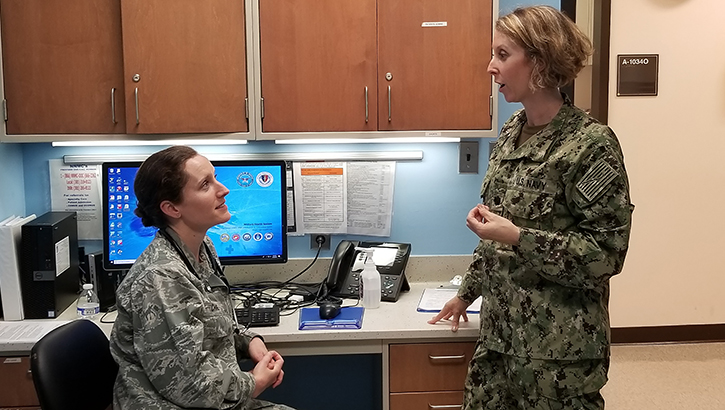
Regular cancer screenings are vital, but there's much more to longevity
A surprise delivery at Fort Bragg’s maternity fair
Article
9/19/2019
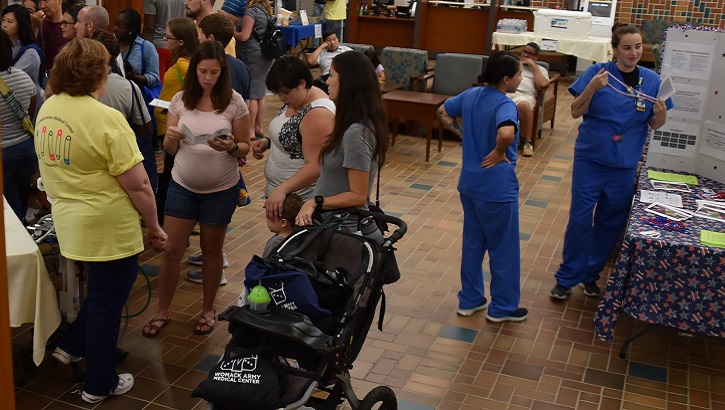
For Linda Steadman, a certified nursing assistant, this will be a day to remember
Positive attitude, social support may promote TBI/PTSD resilience
Article
7/23/2019
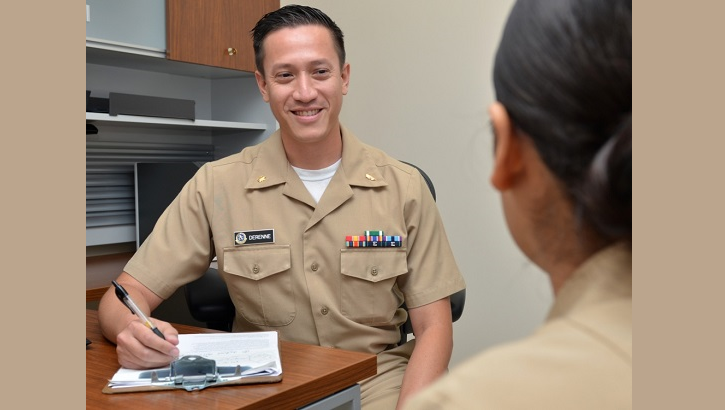
Psychological experiences prior to an injury may play a role in recovery





















.png)












No hay comentarios:
Publicar un comentario